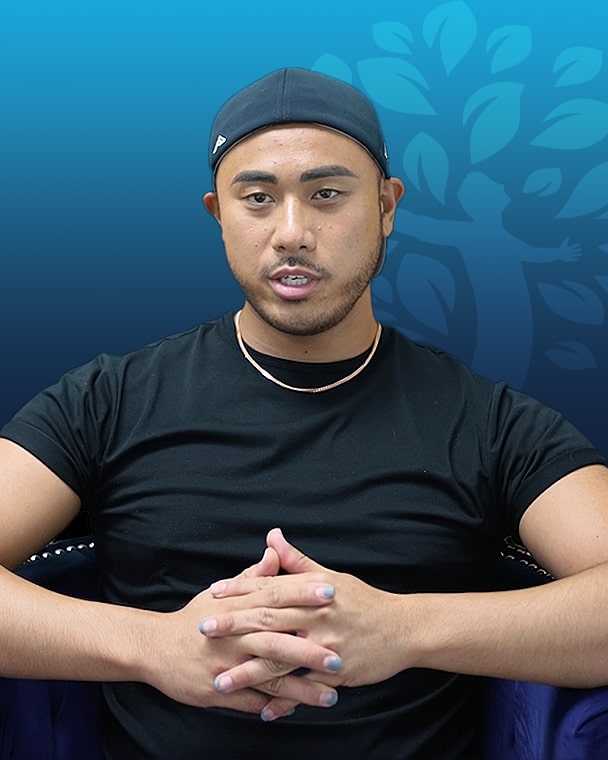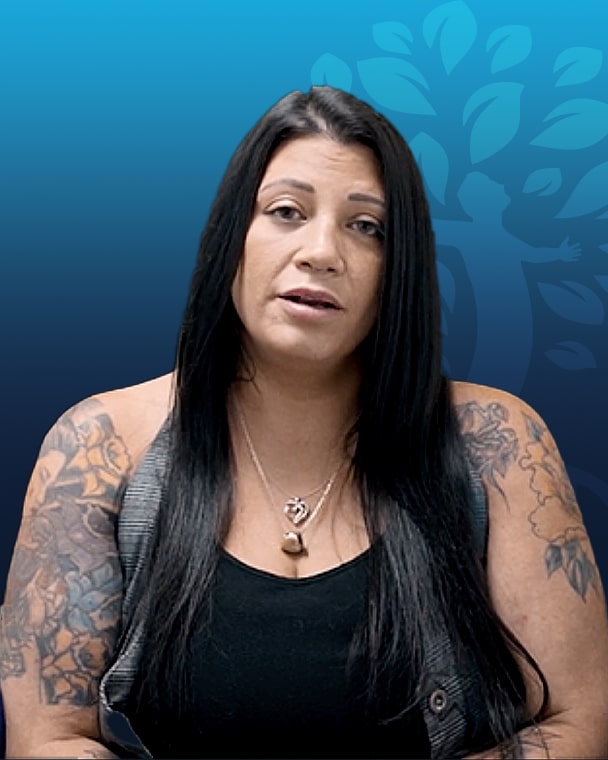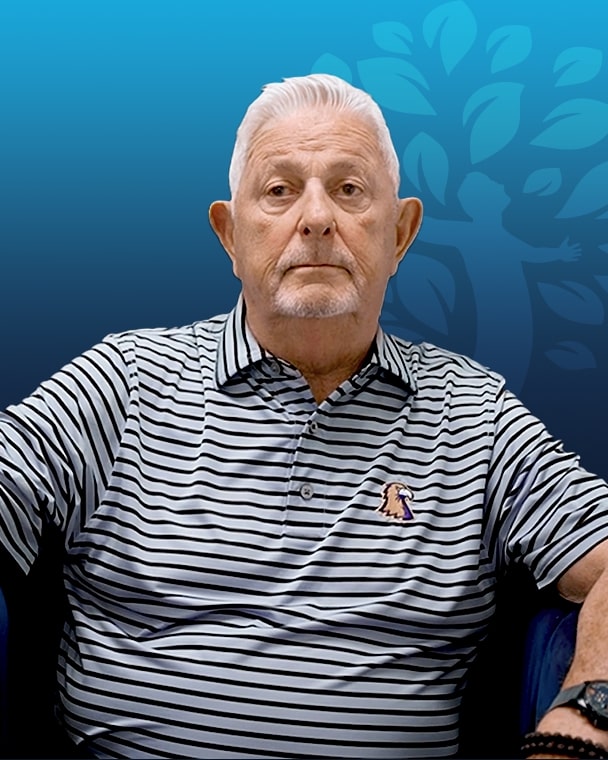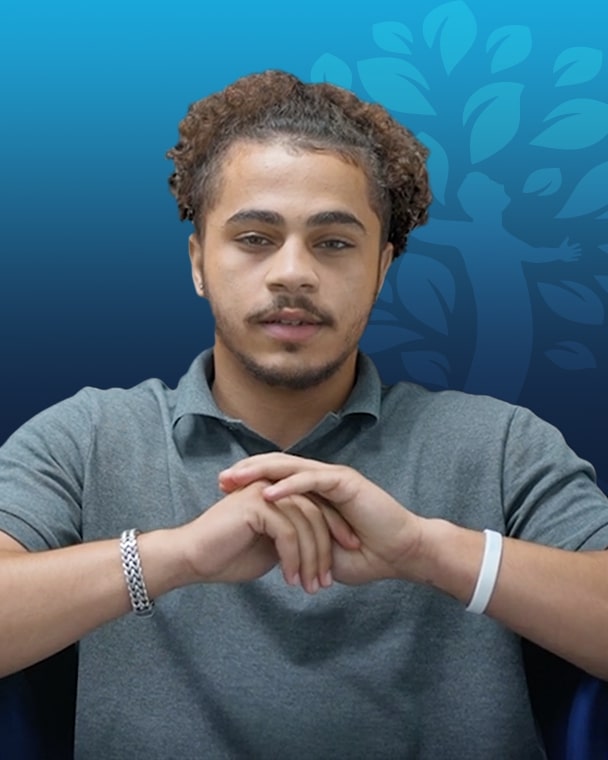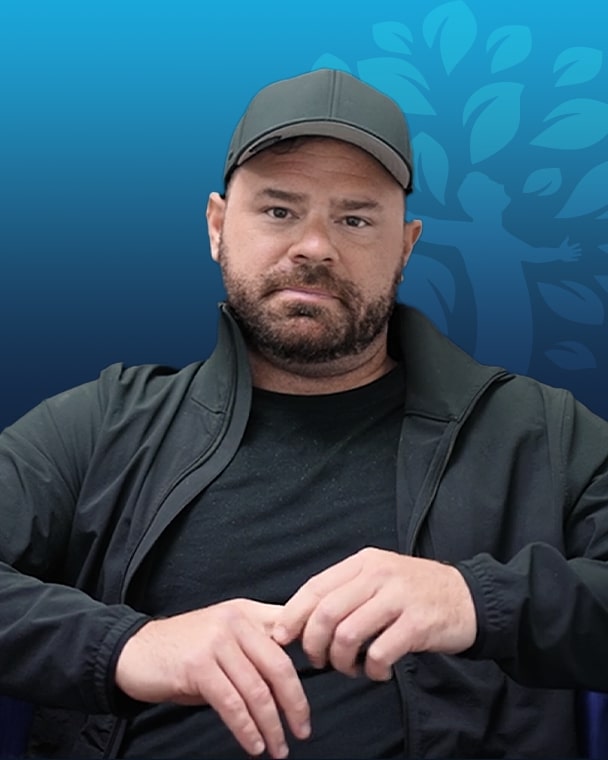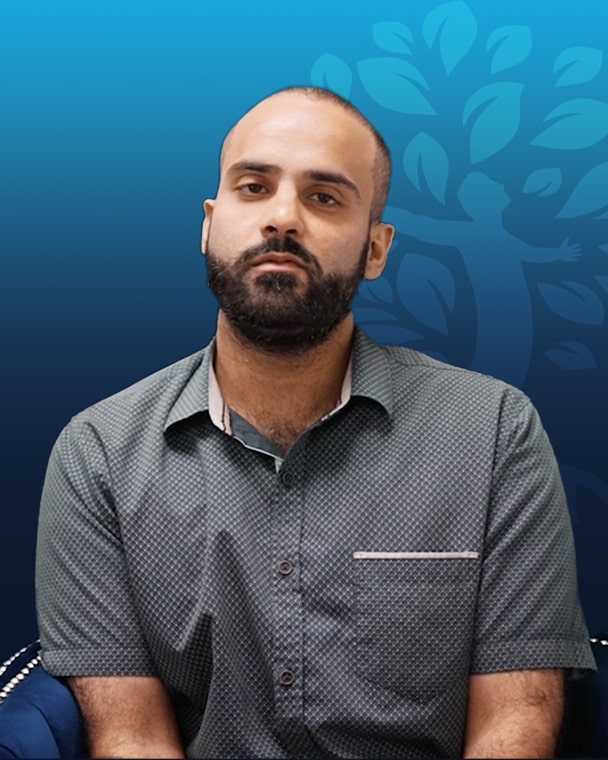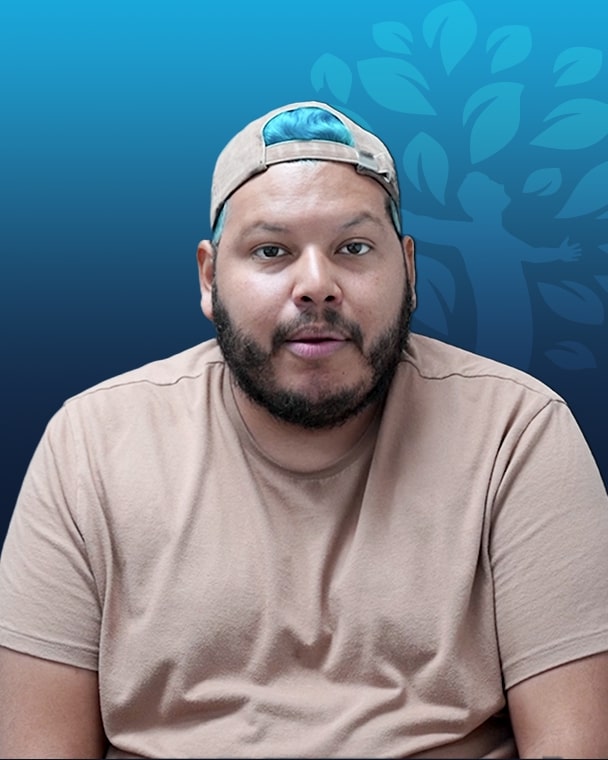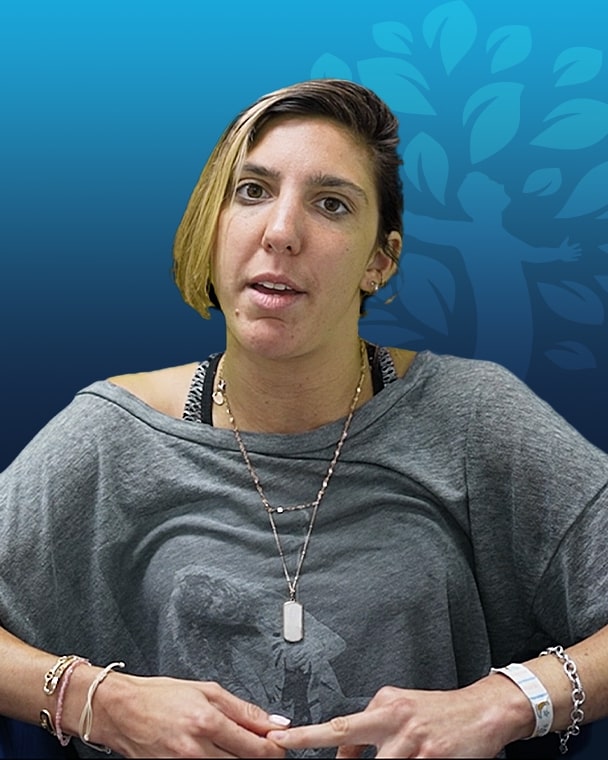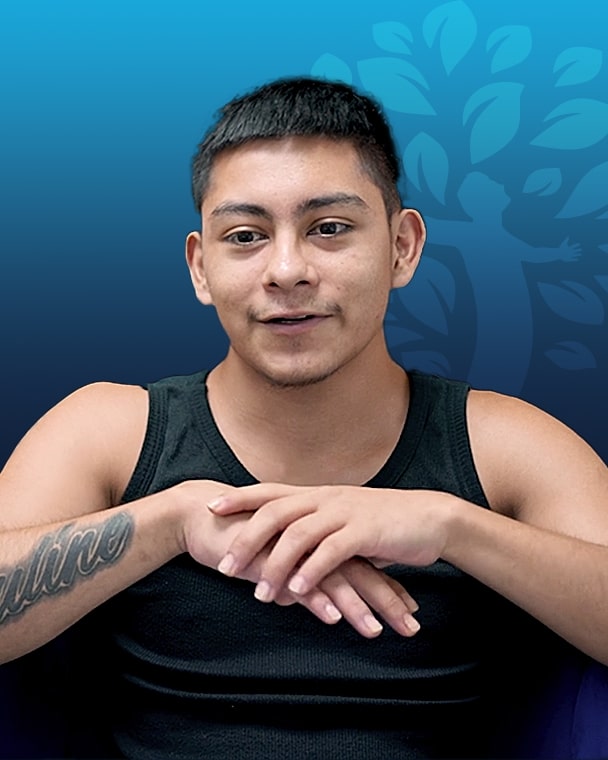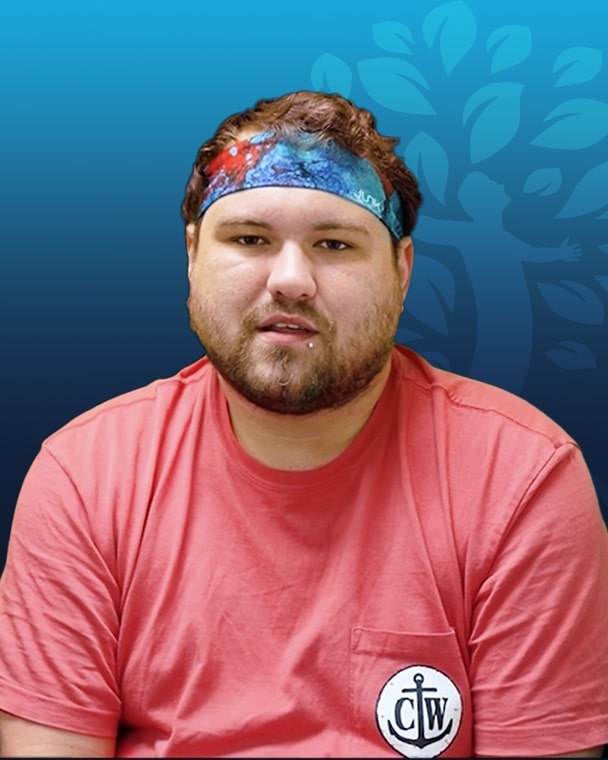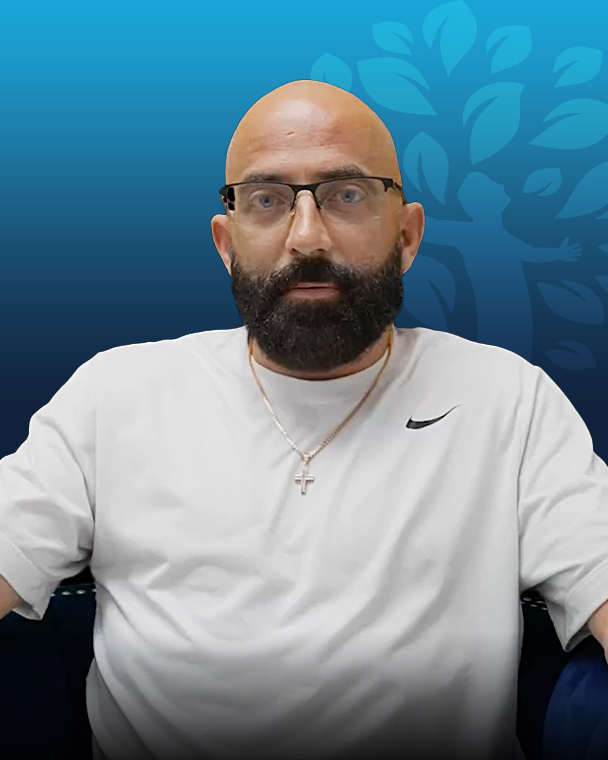
Opioid Rehab for Orlando Residents
Opioid Rehab for Orlando Residents
Life expectancy usually improves over time in any country, hand in hand with advances in prosperity and medical science. In the United States, however, life expectancy began to drop in the year 2015.
According to reports by the World Bank, the average American could expect to live to the age of 78.8 years in 2014, but that number fell to 78.5 by 2016. Life expectancy last dropped in the country when there was an influenza epidemic in 1918.
Today, there is an epidemic of a different kind: opioid painkillers.
More than 70,000 people in Orange, Osceola, and Seminole counties are estimated to be addicted to opioid painkillers and heroin. Orlando lost 216 people to opioid addiction in the year 2016, and ranked number eight in Florida for hydrocodone overdoses. The city of Orlando has voted to join other cities in the state in a lawsuit against the manufacturers of opioid painkillers.
History Of Opioid Addiction
The opioid addiction epidemic traces its history to the 1980s when chronic pain first began to be recognized as a widespread health issue. It used to be, up till that point, that doctors only prescribed opioid painkillers after surgery, or when people had painful terminal conditions. Different states around the country began to pass special laws, however, that made it possible for doctors to easily prescribe opioids for chronic pain without the threat of prosecution.
In the year 1995, an organization called the American Pain Society began to push for physicians to measure and record on a regular basis, the occurrence of pain in people, the way they measured heart rate or blood pressure. A small study from 1986 began to be widely circulated. The study found that it was acceptable to use opioid painkillers for all kinds of chronic pain, not just pain from cancer. It is now believed that the study was relied upon far more than was advisable. It led to the perception that opioid painkillers only addicted people when they were used recreationally, and not when they were used for pain.
As opioid painkillers shed their stigma, pharmaceutical companies began to lobby the government to make prescriptions for painkillers easier for doctors to hand out and sent out medical representatives to promote these drugs. One pharmaceutical company, Purdue Pharma, was aware that OxyContin, one of its products, was addictive, but claimed in its literature that it was less addictive than other choices on the market. In the year 2007, the pharmaceutical company admitted to the falsification and was fined more than a half-billion dollars for it.
In the 90s, however, doctors and patients were taken in by the falsehoods present in the marketing done by pharmaceutical companies. Physicians do not usually get much training in pain management; they tend to not be in a position to judge for themselves how much truth there is to the information handed out by these companies.
The American healthcare system also contributed to the opioid addiction epidemic. For many people, their health insurance plans only pay for pain medication, rather than for complex and expensive pain management treatment such as physical therapy. The system also pays doctors by the number of patients they see. As doctors wrote out more prescriptions for opioid painkillers, more people became addicted and kept returning to their doctors, asking for more.
The Canadian health care system, which also pays its doctors by the number of patients that they process, experiences an opioid addiction epidemic, as well. Europe doesn’t have such an addiction epidemic, in part, because its doctors are not paid by patient volume.
What Opioid Rehab Is Like?
Ending recreational use of opioids isn’t simply about quitting cold turkey. More often than not, a plan that involves simple abstinence fails over a period of weeks, or months. Quitting cold turkey without medical supervision isn’t advisable, also, because it often comes with withdrawal symptoms such as cravings, diarrhea, vomiting, fever, depression, and high blood pressure. If you’re used to large doses of opioids and have been on these drugs for long, your withdrawal symptoms may include dangerous seizures, as well.
At rehab, doctors prescribe medications to mitigate the withdrawal symptoms experienced. Benzodiazepines can help with anxiety, panic, and insomnia, clonidine can help stabilize blood pressure, and methadone, naltrexone, and suboxone can help blunt cravings.
Depending on the depth of the addiction that you experience, withdrawal can last anywhere between a week and four weeks. When you have medical professionals helping you with your withdrawal symptoms, the symptoms become much more tolerable. Going through medical detox allows you to withdraw from opioid addiction with relative ease.
How To Detox From Opioids
Many people see detox as the main component of rehab. Once the brain gets used to the absence of opioid painkillers in the system, the cravings and other withdrawal symptoms pass, and they feel close to normal again.
It’s important to understand that medical detox is only the initial phase of rehab, however. The main work of rehabilitation occurs after you successfully complete medical detox, and are able to emerge from the constant cycle of cravings and drug consumption.
After medical detox, you undergo educational sessions in which you understand how opioids affect the brain, undermine your willpower, and have you feel positive feelings about them. The knowledge that you came here can empower you in your fight against potential relapse in the future.
Luxury rehab in Orlando offers cognitive-behavioral therapy, family therapy, and other forms of intervention over a period of at least three weeks, to help you learn new behavioral patterns. For example, if turning to the comfort of opioids is the way that you’ve dealt with loneliness, disappointment or other negative feelings, these therapeutic sessions help you channel your energies in more positive directions so that you are able to confront the problems that you face in healthier ways.
In many cases, rehab may include psychiatric treatment, as well. This can be necessary when drug use is found to occur as a result of underlying psychiatric conditions such as depression or anxiety. While the most important parts of rehab usually take under 90 days, you will typically need periodic relapse prevention therapy once every few months after rehab, to help you refresh the skills that you need to stay sober. Ongoing psychotherapy and support group attendance, are common.
It’s important to understand that your chances of staying sober improve dramatically when you let rehab run its full course. The longer you give rehab to work, the greater your chances of staying sober all your life.
Sober Friendly Attractions Near Orlando
Orlando has a reputation for being a party destination; the city is also a great place for family-friendly fun, however. For those seeking sober-friendly activities, Orlando has a great deal to offer. ICON Orlando, is a 400-foot-high observation wheel, the highest on the East Coast. It can be a thrill to survey all of Orlando sitting in one of its air-conditioned pods. When you’re done, there is a spectacular entertainment complex there that you can have fun in.
If you’d like something with a little more edge, you should try Gatorland, where you get to wrestle trained alligators. It can feel dangerous, but it’s safe. The more you embrace all that life has to offer in Orlando, the more you begin to love how wonderful a natural high can be.


Legacy Healing Center testimonials
Real People. Real experiences



Legacy Healing Center testimonials
What Our Alumni Has to Say
GET IN TOUCH
Contact Us
If you would like to get in touch with us or simply have any questions or comments, please call us today. Our helpline if 100% confidential.
Call Us
Email Us
Visit Us
1425 WEST CYPRESS CREEK ROAD, SUITE 201FORT LAUDERDALE, FL 33309
